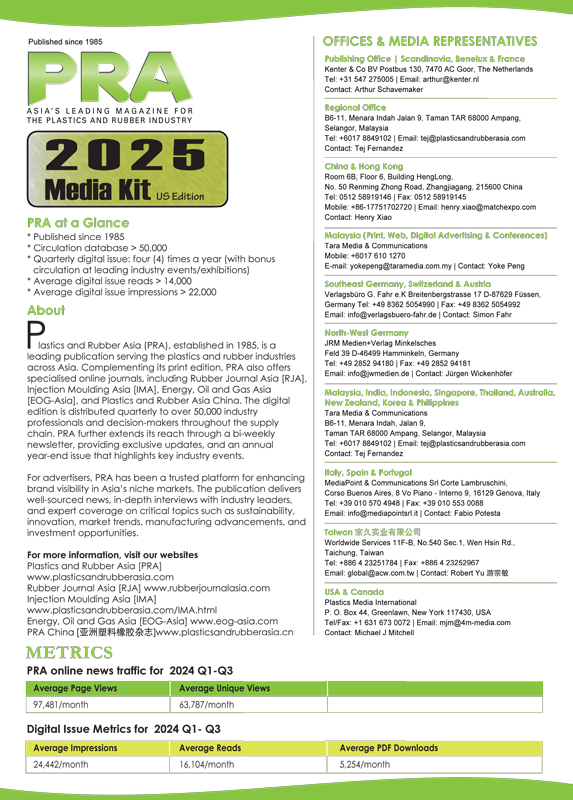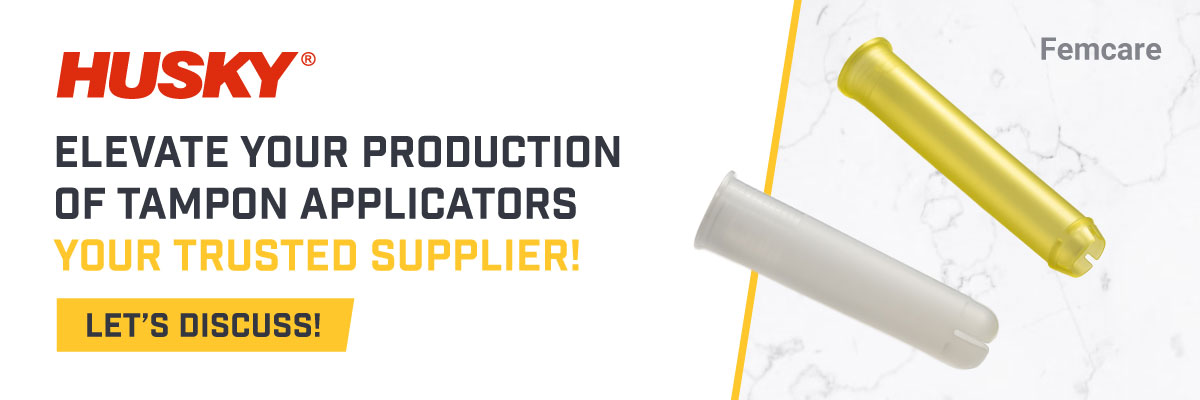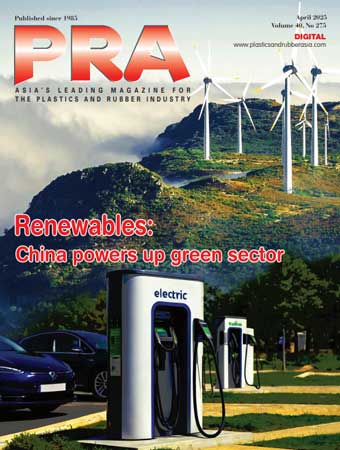Expansions: Asahi Kasei to double capacity for photosensitive polyimide in Japan; Arkema strengthens fluorospecialties business with new blowing agent unit in US
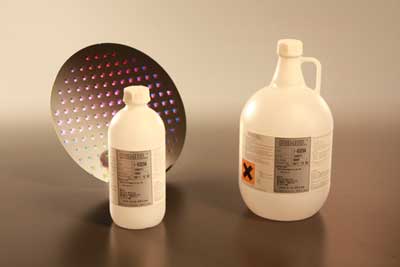
Japan’s Asahi Kasei will increase its photosensitive polyimide (PSPI) production capacity at its Fuji City facility in Shizuoka Prefecture, Japan. PSPI is a key material for the global electronics industry, mainly used for buffer coatings and passivation layers in semiconductor applications. By doubling its capacity by 2030, Asahi Kasei underlines its commitment to growing its electronics business and reinforcing its position as a key supplier for the global semiconductor industry.
With the global semiconductor industry entering a new growth cycle and projected to surpass US$1 trillion in revenue by the mid-2030s, as reported by consulting firm Alvarez & Marsal, Asahi Kasei has forecasted that the demand for next-generation semiconductor interlayer insulation will continue to grow rapidly at an average annual growth rate of 8%.
In response to this quickly rising demand, Asahi Kasei completed the construction of a new plant producing Pimel photosensitive polyimide in Fuji City, Shizuoka Prefecture, in December 2024. Since then, the company has decided to expand production in Fuji City further, doubling the 2024 capacity by 2030. This expansion is expected to significantly improve the supply resilience of essential materials in the manufacturing of semiconductors. Asahi Kasei will invest approximately ¥16 billion in this expansion.
Pimel is used worldwide for various semiconductor applications, such as buffer coatings that improve adhesion between different semiconductor materials and act as protective barriers. These coatings help protect delicate semiconductor devices from mechanical stress and contamination during post-processing steps, such as mounting the chip onto a substrate. Pimel is also used for passivation layers for bumping, which protect the semiconductor surface from damage or oxidation.
Nobuko Uetake, Senior Executive Officer of Asahi Kasei and key leader in the company’s electronics materials business, commented, “The rapid growth of generative AI and other advanced technologies is driving unprecedented demand for semiconductor materials like Pimel PSPI. This investment positions Asahi Kasei to capture that growth by enhancing our supply capability and reinforcing our role as a reliable partner to global semiconductor manufacturers. It supports our broader strategy to build long-term value in high-growth, high-impact sectors.”
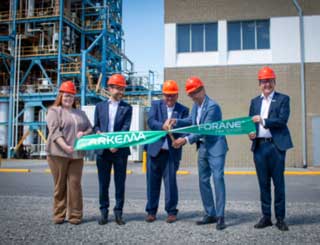
In other news, with the successful start-up of its 15 kilotonnes Forane 1233zd blowing agent production unit in Calvert City, Kentucky, chemical firm Arkema says it continues to develop its low Global Warming Potential (GWP) fluorospecialties, to meet the increasing demand for more sustainable solutions in building insulation and thermal management.
Arkema announced in 2022 the investment of around US$60 million in Calvert City to upgrade its previous HFC production line into a state-of-the-art HFO 1233zd unit.
Forane FBA 1233zd blowing agent provides a versatile and sustainable solution for industries such as efficient buildings, roofing, and appliance manufacturing, designed to tackle key challenges faced by polyurethane foam manufacturers, including thermal performance, environmental impact, and safety.
As a non-ozone depleting foam-blowing agent with a 99% reduction in GWP compared to the legacy HFC solution, Forane FBA 1233zd is SNAP-approved for most polyurethane foam applications.
In addition, its cooling properties enable efficient and sustainable thermal management, notably in high temperature heat-pumps and data centres cooling, says Arkema.
As one of the world’s largest producers of 1233zd, Arkema is well-positioned to serve both domestic and international markets, it adds.
Subscribe to Get the Latest Updates from IMA Please click here
©2025 Injection Moulding Asia. All rights reserved.
